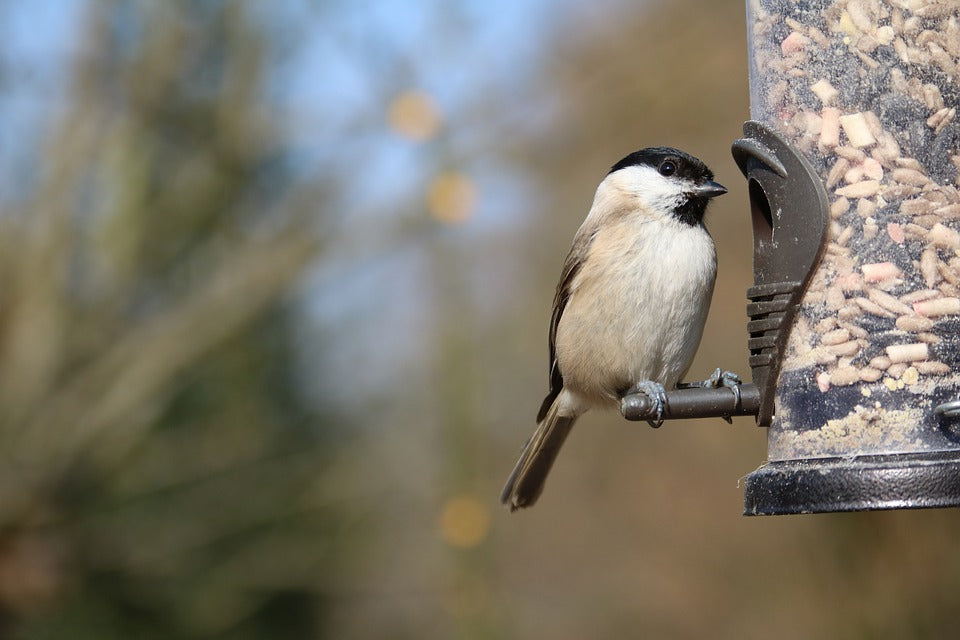Offer
Provide additional details about the offer you're running.
Provide additional details about the offer you're running.
Provide additional details about the offer you're running.

As avid birders, nothing is more pleasing to our eyes than seeing our feeder(s) full of a variety of bird species. As they chow down on your high-quality seed or suet, we have a wonderful opportunity to photograph them or simply try to identify all of the different species present.
In watching this type of activity on a day-to-day basis, many would assume that, like us, birds feed regularly at a routine time of the day or night, depending on species. This assumption, unfortunately, could not be further than the truth.
Birds are equipped with high metabolic rates and are constantly on the move, meaning they need an abundant amount of food during the day. For this reason alone, those of us that are extremely diligent in not only keeping our feeders full, but also providing a reliable water source and a seasonal selection of seed, will often see large flocks of birds. These high-traffic times may seem somewhat routine to you, but we can assure you, this is just your local birds taking advantage of a food source they trust.
While we can’t always pinpoint the exact motivation for feeding, there are a number of factors that can correspond to when and where birds decide to eat.

Migration
Perhaps the most commonly recognized factor regarding birds eating habits is migration. As birds prepare to depart on their long journey south, they obviously are in need of an abundant amount of calories. This is where seasonal food selection comes into play. Utilizing one of our seasonal blends will ensure the food you are offering has the right mix of carbohydrates, protein, and fat to best prepare them for their journey.
Likewise, feed such as suet is a popular choice for its high caloric content.
Breeding Season
Some species of birds will actually forgo eating in an attempt to attract a mate during the spring, the same kind of activity that is present in many other animals in the wild. The same holds true throughout the hatchling phase as males will eat less regularly as they are constantly foraging for food to feed his new babies.
Weather
Birds have a very acute sense when it comes to barometric pressure and will feed heavily before the presence of an incoming storm. Song birds will also be mindful of wind patterns, particularly high wind times of the day. They realize that with higher winds come soaring raptors looking for their next meal.
High Quality Blend